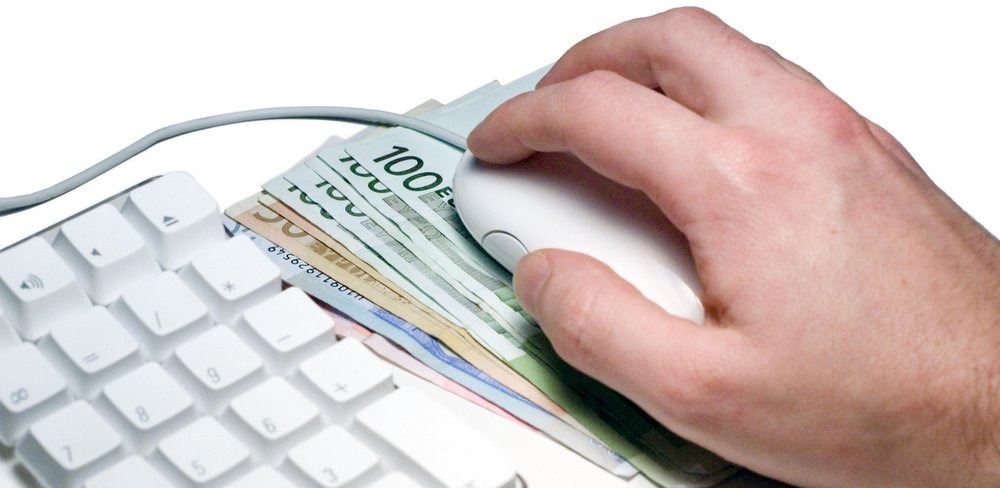Uttrakhand Goes Anti-Digital, Imposes 10% Tax on Ecommerce Purchases; IAMAI Strongly Condemns

In 1696, King William III in England introduced a tax called as ‘Windows Tax’, which calculated tax for households based on the number of windows they had in their houses.
Something similar has happened in Uttrakhand, where the state government wants to increase their revenue by killing the ecommerce industry. For all ecommerce purchases done within the state of Uttrakhand, a special 10% tax will be levied, which will be eventually borne by the customer.
At a time when PM Modi is pushing for more entrepreneurs, more digital and more self-reliance, Uttrakhand Govt. wants to destroy the spirit of entrepreneurship and the new-age digital economy.
This regressive, totally impartial ‘entry tax’ on ecommerce was introduced last month by the State of Uttarakhand vide notifications No. 338/xxxvi(3)/2015/52(1)/2015 Dt. 17.11.2015, No. 1035/2015/22xxvii(8)/2008 Dt.10.12.2015, No.977/2015/22(120)/xxvii(8)/2008 Dt.10.12.2015. and No. 4495/Commissioner Tax Uttarakhand/Commercial Tax/Legal/2015-16 Dt.14.12.2015.
As per the technicalities of this special tax rule, the courier companies have been defined as ‘principal’ in any ecommerce transaction and thus, the additional 10% would be levied on them. Using a special entry in the invoice, courier companies will charge either full or partial amount from the customer while delivering the product.
Hence, if a product costs Rs 200, then a customer in Uttrakhand will need to pay Rs 220 for the same.
IAMAI Slams This Regressive Tax
Internet and Mobile Association of India (IAMAI) has strongly objected to this regressive tax diktat, which they believe has been introduced to assist local traders who are opposing ecommerce industry.
In a strongly worded statement, IAMAI said, “The Internet and Mobile Association of India (IAMAI) believes that this amendment is unconstitutional and has been imposed to pander to small section of local traders,”
Some of the biggest ecommerce firms like Flipkart, Snapdeal, eBay and Amazon India are part of IAMAI, and hence they are naturally worried about their interests. But, the interesting thing to note is that, this special 10% ecommerce tax is actually illegal as well.
Uttrakhand Govt. Makes An Illegal Move?
As per the Constitution of India, no state can discriminate between goods procured from outside the state or inside the state; hence there cant be any discrimination based on the origin of the product.
And by levying this additional tax, Uttrakhand Govt. is clearly violating this law, as most of the ecommerce goods which are bought by residents of Uttrakhand are procured from outside the state.
IAMAI has said, ”.. as per Article 304 of the Constitution of India, state authorities cannot discriminate between goods from outside the state and goods being produced within the state..”
Various tax experts have also stated that no state government can impose such entry tax to compensate revenue loss to a certain segment of traders (offline here) or to increase their revenues.
We will keep you updated as more details come in regarding this weird, totally uncalled for tax rule which has the potential to destroy the entire ecommerce industry in the state.

[…] In a first, Flipkart, India’s largest ECommerce site, has taken state of Uttarakhand to Court for taxing customers when they make purchases online. In January of this year, Uttarakhand went anti-digital and announced that any ECommerce purchases made by people in Uttarakhand will be levied 10 percent ‘entry tax’. […]
[…] it either UP, Uttrakhand or Karnataka; it seems doing business is a hard nut to crack in India. […]
[…] and has set a new benchmark for other states where ecommerce transactions are still charged a draconian tax of 10%; and some states where e-shopping of more than Rs 5000 is not […]
The obvious solution to this is to *tell the Uttarakhand voters* why they’re paying more @ websites, and let them deal with it themselves…..